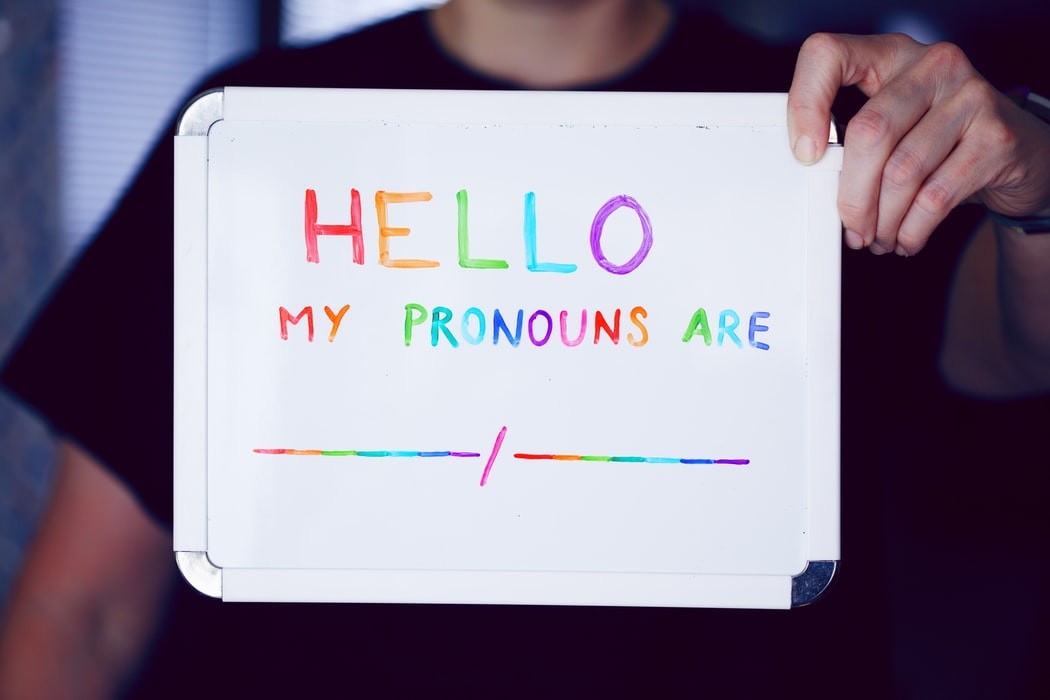
Cincinnati Edition: Ohio's controversial HB 68 is set to take effect but faces ACLU challenge
UC Law Professor Ryan Thoreson discusses the legislation’s potential impact for state residents
A new law affecting transgender youth is scheduled to take effect within 30 days, but it faces a challenge in court from the American Civil Liberties Union (ACLU).
Ohio House Bill 68 restricts the health care that transgender youth can receive and the school sports they can play.
Ryan Thoreson, assistant professor in the UC College of Law, told WVXU’s Cincinnati Edition that the bill has a gender affirming care ban which is very sweeping in its scope.
It prohibits puberty blockers which delay the onset of puberty so transgender kids can make a choice about whether they want to continue with gender affirming care along with hormones or surgeries, explains Thoreson.
The legislation also bans transgender girls from participating in girls’ sports in the state of Ohio, Thoreson told WVXU listeners.
“It replaces a rule from the high school athletics association which had a more nuanced determination of transgender participation in sports,” says Thoreson. “It says transgender girls can not participate in sports with their cisgender peers.”
There is no longer a case-by-case determination.
Jonah Yokoyama, gender affirming care specialist at Equitas Health, also joined the Cincinnati Edition discussion calling the law ‘discriminatory’ and prompting families to move out of Ohio because HB 68 is sending a message to transgender youth that they aren’t welcomed in the Buckeye state.
“Gender affirming care is life-saving care,” Yokoyama told WVXU listeners.
Yokoyama says two 16-year-old youths had committed suicide this year with the passage of HB 58, while other teens were in crisis with because of the restrictions.
Thoreson says the ACLU is arguing the Ohio Legislature impermissibly combined two bills into one bill. At the last minute the two bills were yoked together. Also, the health care ban amounts to unequal treatment under the law. Cisgender children are allowed to use the same medication interventions to treat other medical issues but aren’t able to use it under gender affirming care.
Thoreson says the law prohibits parents from providing health care for their transgender children and that this impermissibly restricts parents from making decisions that are best for their children.
Listen to the full interview on WVXU’s Cincinnati Edition online.
Featured top image is courtesy of Istock.
Related Stories
'Paradigm-shifting' study confirms effectiveness of long-acting HIV treatment
February 26, 2026
The results of a clinical trial involving the University of Cincinnati, recently published in The New England Journal of Medicine, show people failing HIV treatments with oral medications were able to be treated successfully using injections.
How do horses whinny?
February 26, 2026
A horse makes the low-pitched part of its whinny by vibrating its vocal cords — similar to how humans speak and sing — and the high-pitched part by whistling with its voice box, according to a new paper published in the journal Current Biology and featured in Smithsonian magazine.
UC receives grant for AI use in medical education
February 26, 2026
The University of Cincinnati is turning to artificial intelligence to help solve a problem in medical training. The College of Medicine was awarded a grant valued at more than $1 million to use AI in advanced physician training through personalized learning.
